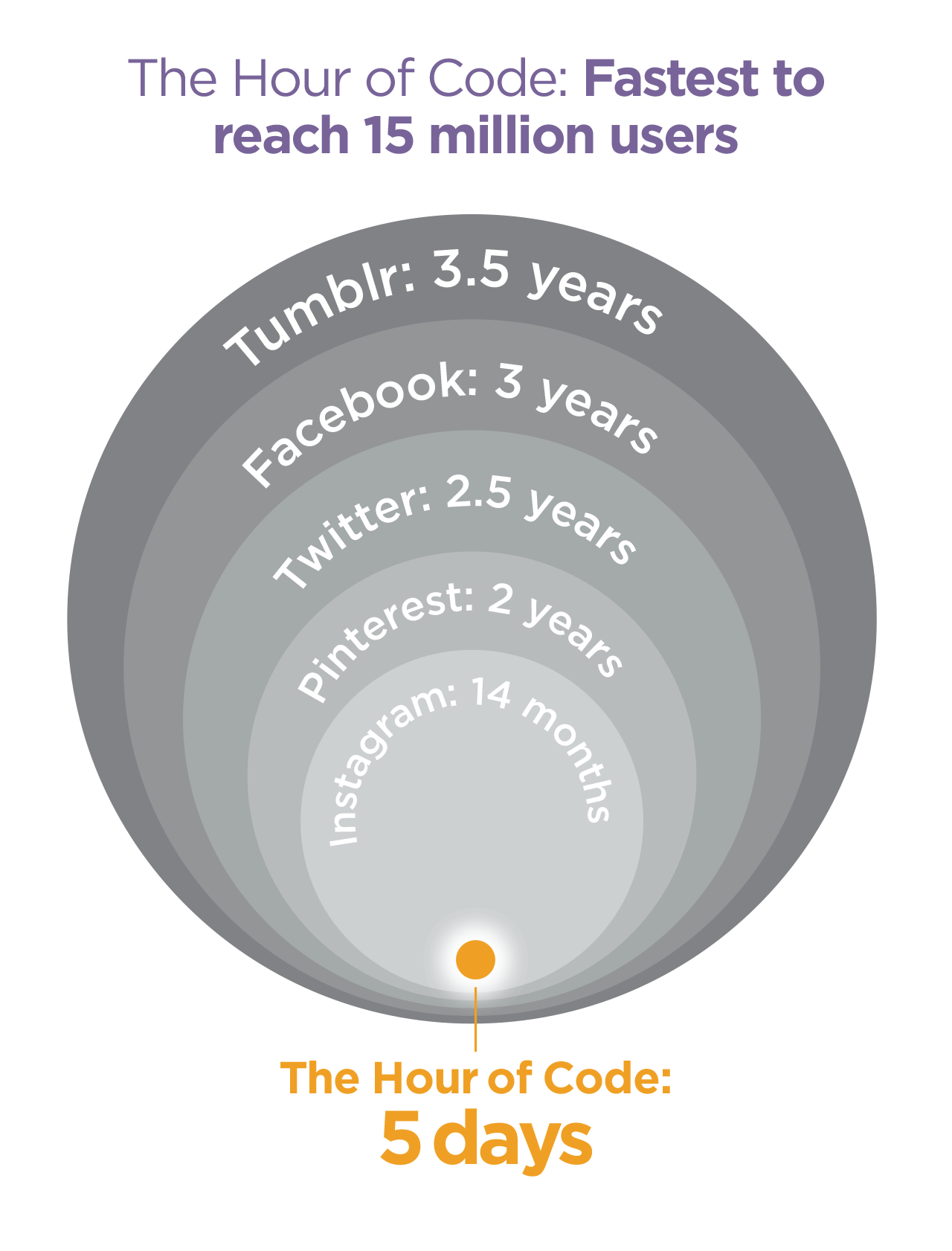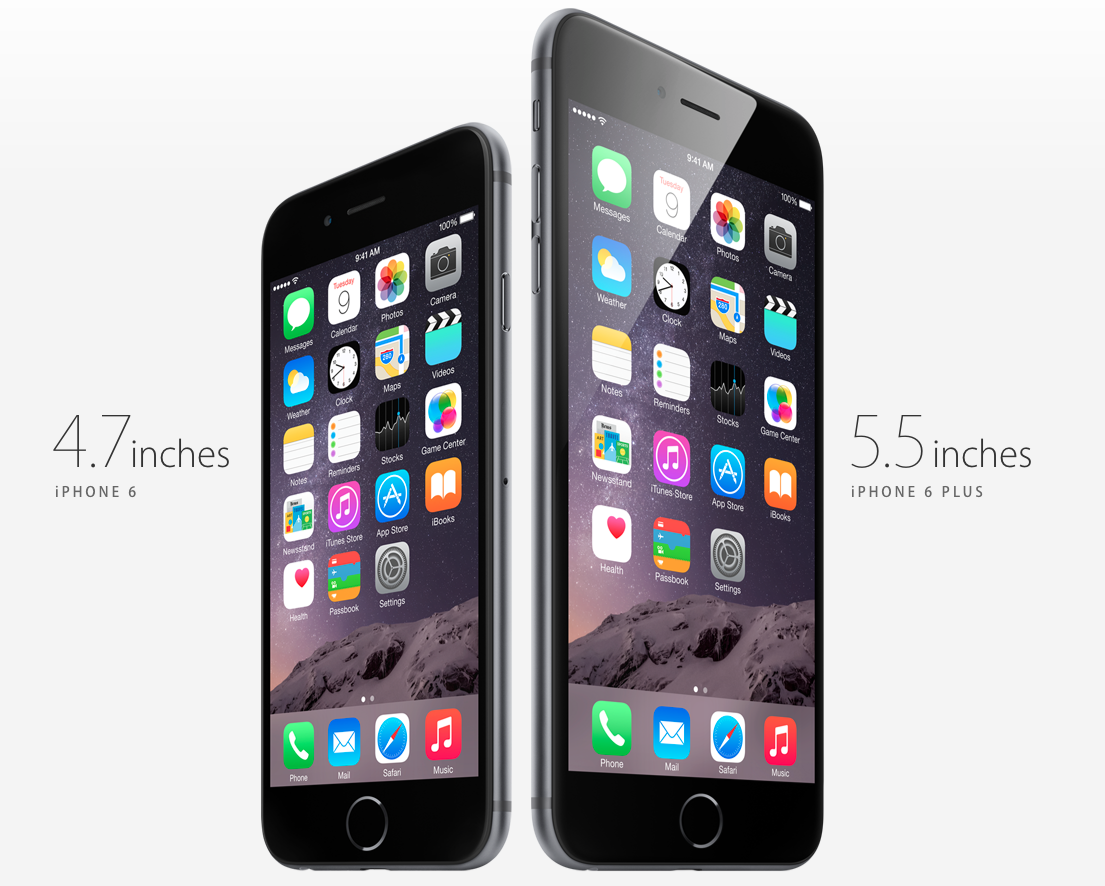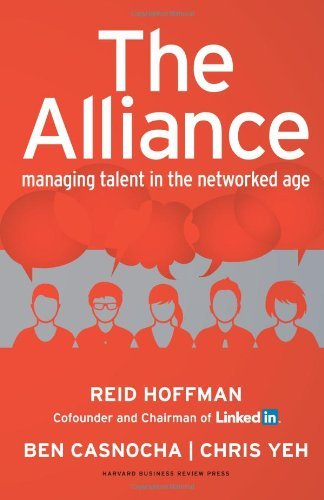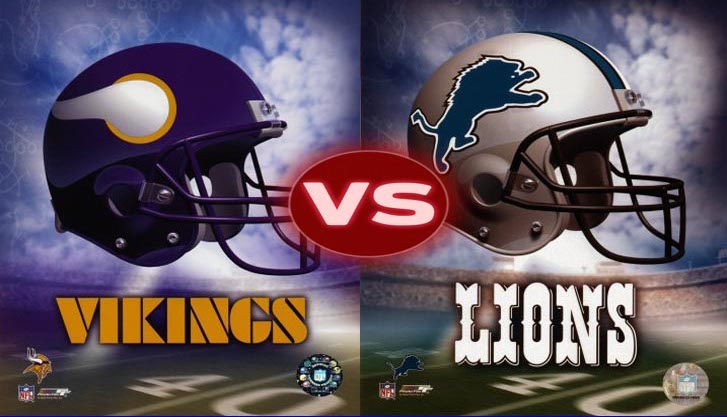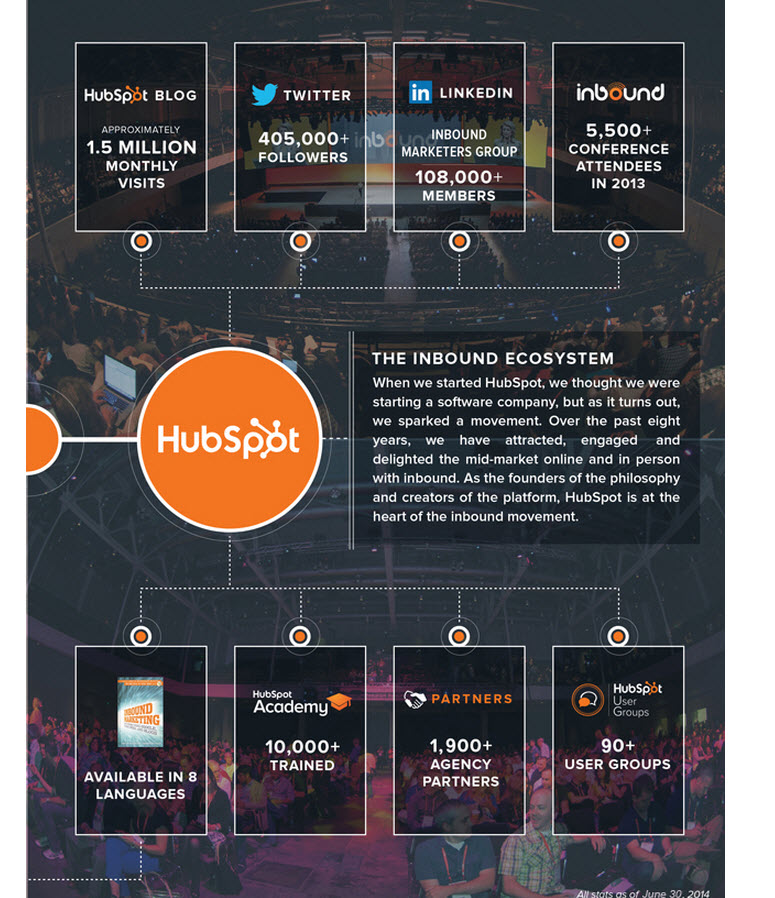I recently read this interview of Amazon CEO, Jeff Bezos. It’s pretty interesting. Some thoughts:
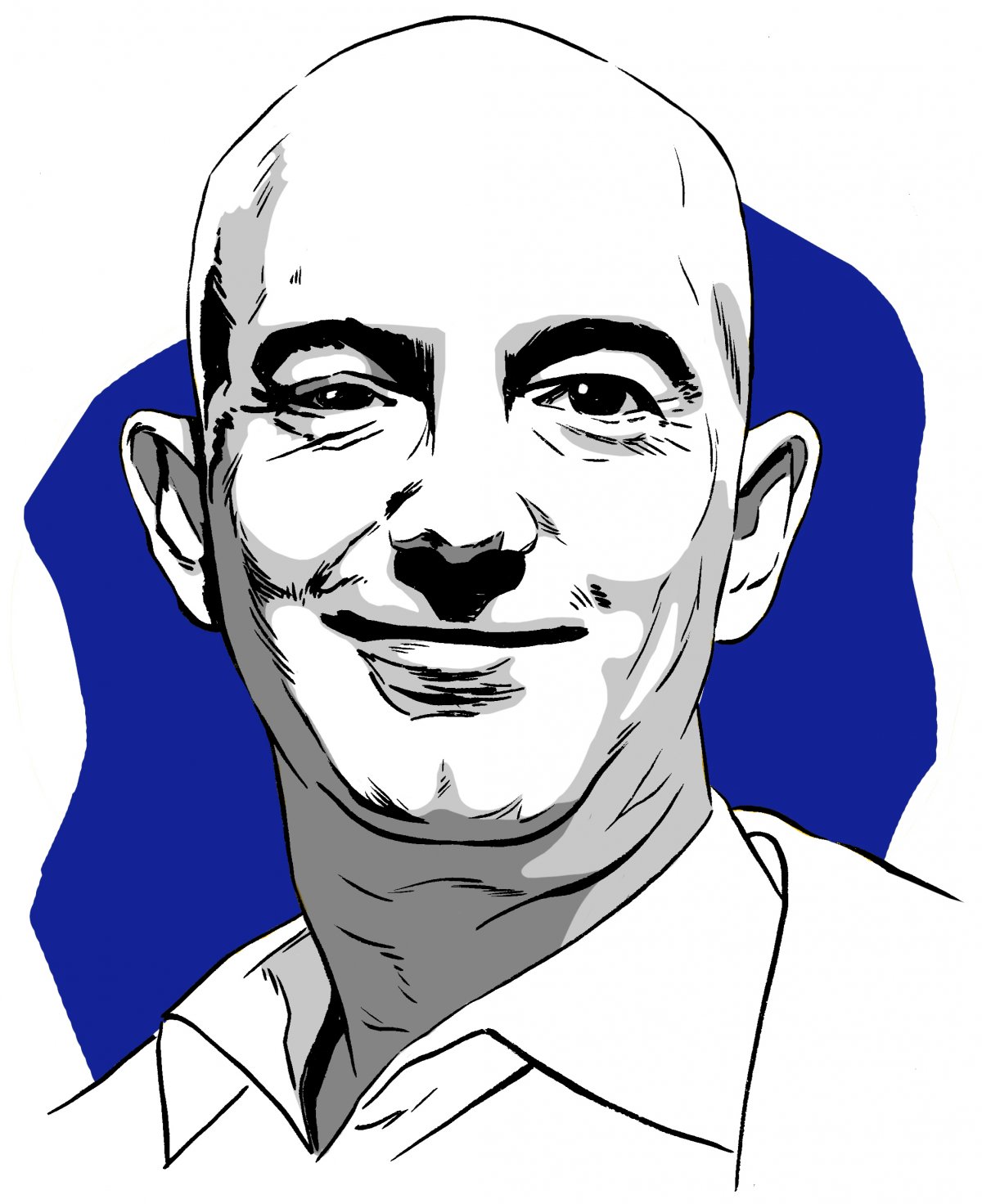
eBooks / Publishing
I had always assumed that the print/book industry was really struggling – similar to the music industry. However, Bezos’s quote of, “…the facts are wrong. Publishers are having unparalleled profitability, and the book industry is in better shape than it ever has been, and it’s because of e-books” is interesting.
It’s also interesting that they take such a long-term view for the Kindle. As Bezos states, “The vision for Kindle is every book, every imprint, in any language, all available in 60 seconds.” That’s quite a mission. They are definitely doing really well so far.
The Amazon Phone
He admits that it’s a flop but contends that it’s just the start of them being in that business. He states, “The Kindle is now on its seventh generation. The Kindle Voyage, the new premium product, is just completely killer. Fire TV, Fire TV Stick — we’re having trouble building enough. Amazon Echo, which we just launched. So there’s a lot of activity going on in our device business. With the phone, I just ask you to stay tuned.”
I wonder how many times they plan on iterating on the phone. He talks about bold bets with things like Kindle, AWS and third-party resellers, but building a phone and competing against Apple, Android (they aren’t using core Android), Samsung and others is entirely different. While audacious, i’m not sure I see how they can differentiate.
Drones
He did an interview with “60 Minutes” and showcased their drone delivery system. It was awesome. He was asked about it here. As you’d expect, he thinks the main thing holding it back is the regulatory issues, saying, “The most interesting part of this is the autopilot and the guidance and control and the machine vision systems that make it all work. As for when, though, that is very difficult to predict. I’d bet you the ratio of lawyers to engineers on the primary team is probably the highest at Amazon.“
I think it’s the same for self-driving cars (I have a bet they’ll be here by 2023). It totally works right now but the world is just not ready for it. There are so many unanswered questions, such as: if someone gets killed or severely injured by a self-driving car, who’s liable? Is it the person who bought the car, the company that built the car? Is there some level of insurance that you can get?
Anyway, some good thoughts in there. It’s worth a read.




